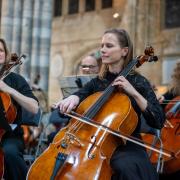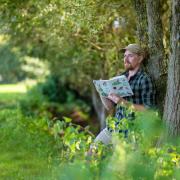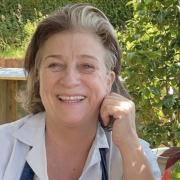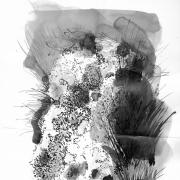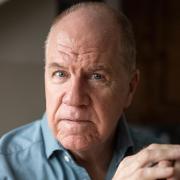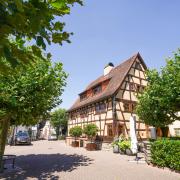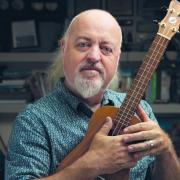Su Carroll talks to pianist Robert Taub about his contrasting musical passions
Music has taken American Robert Taub all around the world, performing as a solo concert pianist and with the world’s great orchestras, from New York’s Carnegie Hall to Hong Kong’s Cultural Centre. He has played with orchestras in Boston, London, Philadelphia and San Francisco and at festivals in Saratoga, Aspen and Geneva. He was artist-in-residence at Princeton University (where his only predecessor was TS Eliot) and at Harvard.
With all the world a stage, he finds himself in… Plymouth. In 2018 he was appointed music director for the Arts Institute at the University of Plymouth with a mission to bring top tier performances, music educational events and new work to audiences. A world renowned expert on Beethoven (his book, Playing the Beethoven Piano Sonatas, is considered a standard), his passion for playing, talking and writing about the great German composer is only matched by his enthusiasm for modern composition.

‘I love the area around the South West and we have strong family connections in the UK,’ explains Robert. ‘I like the sea and I like Dartmoor and there was an opportunity to create a worthwhile and dedicated concert series here and that was a strong magnet to attract me over. I’m really happy with the response we’ve been getting from audiences.’
At the heart of his work is a commitment to education – for students and audiences, young and old alike. The events he has programmed and his Musica Viva concert series connect music, art, film and performance and give audiences a context. Pre-concert talks have proved a success with over 90 per cent of patrons taking their seat early to hear about the work.
‘Everything is informal, we are all in this together,’ says Robert. ‘The musicians and the audience all meet one another to share this wonderful musical journey. The performers are at the top of their game and they appreciate the audiences that we have here.
This spring’s Musica Viva performances begin with a concert which Robert is characteristically enthusiastic about.
‘Southbank Sinfonia are a dynamic, exhilarating orchestra at the prime of their professional life who have just graduated from wonderful music schools and are handpicked to play together for a period of time. There are 33 members and they have the energy and dynamism of youth. Everything is fresh and new and sounds they will later find themselves in orchestras through Europe and the world.

‘The orchestra has been around for about 20 years and this is the first time they are coming to Plymouth.’
The Sinfonia will perform in Levinsky Hall in the university’s main building, a concert space named after the former vice-chancellor of the university, Roland Levinsky, who died in 2007. It’s bigger and better than the Sherwell Centre where earlier Musica Viva events were staged. ‘In the Sherwell Centre when we had just six people on stage it was crowded,’ says Robert. ‘The hall is a music venue at the heart of a strong creative environment. It’s in the same building as an art gallery and the Jill Craigie cinema. It’s a hub for the arts, all in one building.
The programme with the Southbank Sinfonia features Beethoven’s Symphony no 7 and Piano Concerto no 4 when Robert will be soloist.
The second event is more contemporary – new work commissioned from David Bessell as part of a programme with London-based Trio Kurtag.

‘Dave has written a new piece for us which features electronic music, which he specialises in,’ says Robert. ‘He’s the composer and will be at the heart of the performance. This live element means he is shaping the acoustics in a way that each performance is slightly different.’
With his passion for reaching new audiences, ticket prices are kept as low as possible and students go free. Concerts are accessible – emotionally and physically, with no stairs to worry about and easy entry to the building.
‘To be able to go to a concert and be able to sit and have an emotional experience is quite magical,’ he says.
Southbank Sinfonia perform on February 4 and David Bessell and Trio Kurtag are in concert on March 11. Both performances are in the Levinsky Hall, University of Plymouth.
Information at plymouth.ac.uk.

THE MUSIC MAN
‘Music has always been in my life,’ says Robert. ‘I don’t remember starting to play the piano but I’m told that I was three. My dad was an amateur cellist and my family played everything from Louis Armstrong jazz to Gilbert and Sullivan and Elgar and Beethoven, of course. As a little boy I was pretty active and my parents would put on music to get me to go to sleep but it didn’t work… I wanted to listen to the end!’
As a professional concert pianist – he’s a Steinway artist – Robert has travelled the world including Japan and China. Home is now on Dartmoor with his wife and the couple have three grown-up children. Surrounded by music and home and at work, he says he still plays for pleasure ‘all the time’, constantly finding something new to explore.







